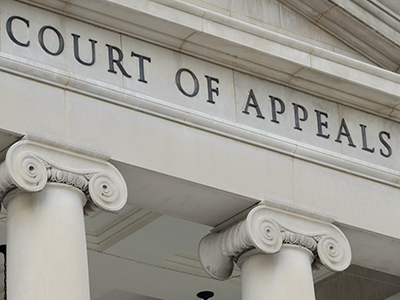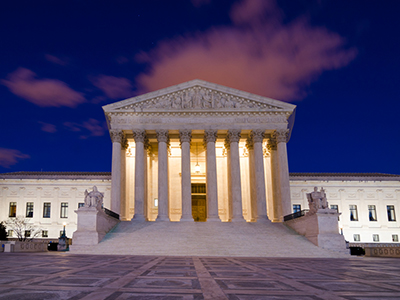The Commissioners and senior officials of the Securities and Exchange Commission (“SEC” or “Commission”) addressed the public on February 23-24 at the annual “SEC Speaks” conference in Washington, D.C. Throughout the conference, many speakers referred to the new energy that SEC Chairman Jay Clayton had brought to the Commission since his confirmation in May 2017. The speakers also seemed relieved that the SEC was finally operating with a full set of commissioners since the recent additions of Robert J. Jackson, Jr. and Hester M. Peirce. Clayton’s address introduced the main refrain of the conference: that the SEC under his leadership is focused on the long-term interests of Main Street investors. Other oft-repeated themes included the challenges presented by cybersecurity and the fast-paced developments in cryptocurrency and blockchain. To address these shifts in focus, the Enforcement division plans to add more resources to the retail, cybersecurity and cryptocurrency spaces.
Following are the key litigation and enforcement takeaways.
Main Street Investors
Commissioner Kara Stein picked up on Clayton’s Main Street investors focus when she asked whether increasingly complex and esoteric investments, such as product strategies and structures that utilize derivatives, were appropriate for retail investors. She explained that it was not a question whether the financial industry could develop and sell these products, but whether it should. She said it was not clear that financial professionals fully understood the products they were selling, and that even if brokers and advisers made disclosures regarding the potential outcomes and risks to investors, complete disclosures might not even be possible due to the products’ complexity. Both SEC and FINRA Enforcement have brought actions related to the sales practices of inverse and leveraged ETFs, as well as the purchase and sale of complex products. Stein opined that gatekeepers needed to remember the real people behind every account number when they were advising clients on how to handle these types of products.
Steven Peikin, Co-Director of the Division of Enforcement, described the SEC’s Share Class Selection Disclosure Initiative as one way in which Enforcement was trying to help Main Street investors. The Initiative was created to address the problem of investment advisers putting their clients into higher fee share classes when no fee or lower fee classes were available. The SEC is incentivizing advisers to self-report this issue by promising not to impose any penalties, and only requiring them to disgorge their profits to investors. Peikin encouraged investment advisers to take advantage of this opportunity, indicating that if the Commission learned that an adviser had engaged in this conduct and did not self-report, it would be subject to significant penalties. The Chief of the SEC’s Broker-Dealer Task Force shared that AML programs and SAR-filing obligations are also a priority for the Enforcement division and OCIE exams. READ MORE →








